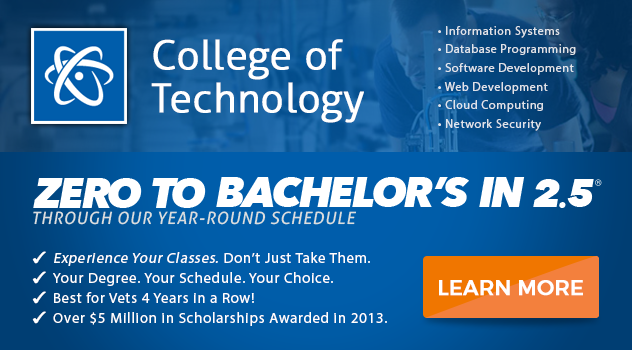What's it like to be a Product Manager?
Product managers, also called Product Engineer Technologists, handle the conceptualization and development of new products. They work in a wide variety of industries and may focus on a single product category or more. Candidates should be familiar in different phases of the product development cycle and have an educational background in electronic engineering technology.
Staying abreast with the latest trends in a specific area is vital for success in the field. In addition, technologists require a combination of creativity, technical know-how, and insights on human factors to develop innovative products. Well-designed products provide a competitive advantage to companies.
As a professional in the field, you are required to employ theories and principles of mathematics, science, and engineering to find practical solutions. The innovative ideas can be useful in sales, research and development, inspection, manufacturing, and more.
It is common for Product Engineer Technologists to find work in quality control. The role involves product inspection, process audits, usability testing, and data collection. Working in research and development entails data collection, conducting experiments as well as analyzing and documenting results. You may also participate in the creation of prototype versions. The use of computer-aided design (CAD) is commonplace.
Work Environment
Working in the field involves spending a significant amount of time in meeting rooms. You will sketch designs on work tables and brainstorm with fellow workers on whiteboards. You should also expect to use computers, particularly for design preparation, research, and data collection. Although the majority of the work is handled in offices, you may also travel to design centers, private homes, testing facilities, and more.
Educational Requirements
You need to obtain an associates degree in engineering technology or a related field to show your skills in this area. In some cases, you may be required to present an electronic portfolio showcasing examples of your best design work.
Relevant degree options include those in areas, such as electronics engineering, industrial design, and more. Some of the subjects covered in industrial design include computer-aided design (CAD) and three-dimensional (3D) modeling. Many of the relevant course programs cover topics in business, manufacturing techniques, thermodynamics, and industrial materials.
Preparing for a Career in Product Engineering Technology
It is important to choose an area of specialization before enrolling for a degree program. Your selection should be based on specific career goals. Some of the available areas of specialization include computer hardware, electronics, and industry. Training in one area may still allow you to work in other branches of the same field.
Careers to Aspire to
Gaining hands-on experience in your field of specialization allows you to find higher paying jobs and improve prospects for career advancement. Opting for an internship program provides a sure-fire way to achieve this objective. Many large organizations offer hands-on training in addition to formal classroom instruction.
Licensure candidates are expected to gain the required experience as engineers in training (EITs) or engineer interns (EIs). Obtaining an engineering license boosts career prospects even though it is not always a hard requirement. The licenses are typically issued by a state-regulated licensing board. Eligibility requirements generally vary by state.
Organizations usually assign product engineer technologists to handle complex assignments when the professionals have gained sufficient experience. They can also be given a chance to work independently or supervise product engineering teams. Depending on area of specialty, some are appointed as technical specialists, managers, or sales representatives.
On the other hand, obtaining relevant certification plays a key role in brightening job prospects. Different areas of specialty may have varying certification options. A certified quality engineer credential is well suited to professionals aiming to specialize in product quality control.
Key Qualities
A career in product development requires a number of key qualities to ensure success. These characteristics include:
- Problem-solving skills – as a product engineer technologist, you are tasked with the responsibility to find innovative solutions to complex design challenges. You must have skills to evaluate options, anticipate usability or production issues, and implement viable solutions.
- Computer skills – you have to be comfortable working with computers because some of the duties entail the use of computer-aided design software, among other tasks.
- Analytical skills – you should be able to study data or trends and identify new product or design opportunities.
- Interpersonal skills – sharp interpersonal skills allow you to collaborate efficiently with colleagues, clients, and customers.
Does this career path sound like a good fit for you? If you think you would be an excellent product engineer technologist, consider ECPI University in order to earn the Bachelor of Science in Electronics Engineering Technology you need to be successful. If you'd like more information, contact a helpful admissions advisor today!
It could be the Best Decision You Ever Make!
DISCLAIMER – ECPI University makes no claim, warranty, or guarantee as to actual employability or earning potential to current, past or future students or graduates of any educational program we offer. The ECPI University website is published for informational purposes only. Every effort is made to ensure the accuracy of information contained on the ECPI.edu domain; however, no warranty of accuracy is made. No contractual rights, either expressed or implied, are created by its content.
Gainful Employment Information – Electronics Engineering Technology - Bachelor’s
For more information about ECPI University or any of our programs click here: http://www.ecpi.edu/ or http://ow.ly/Ca1ya.




